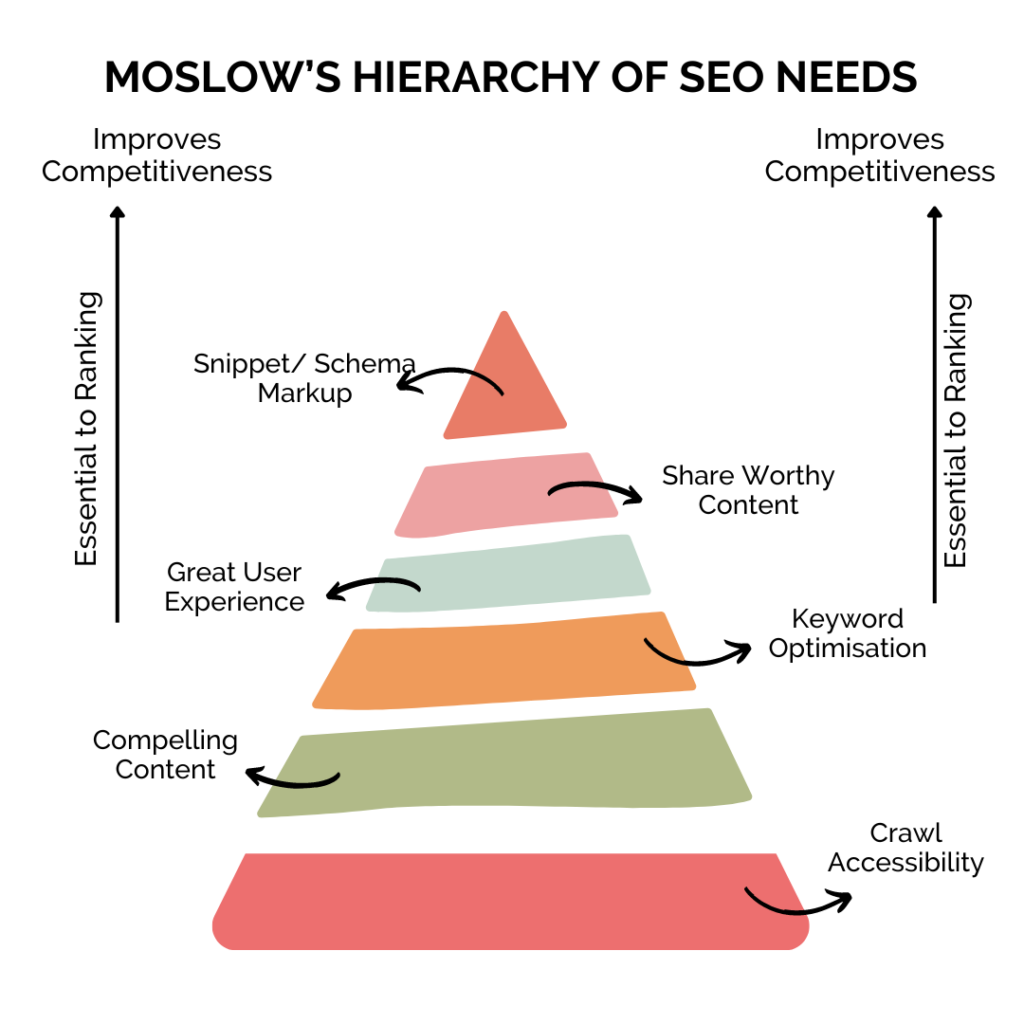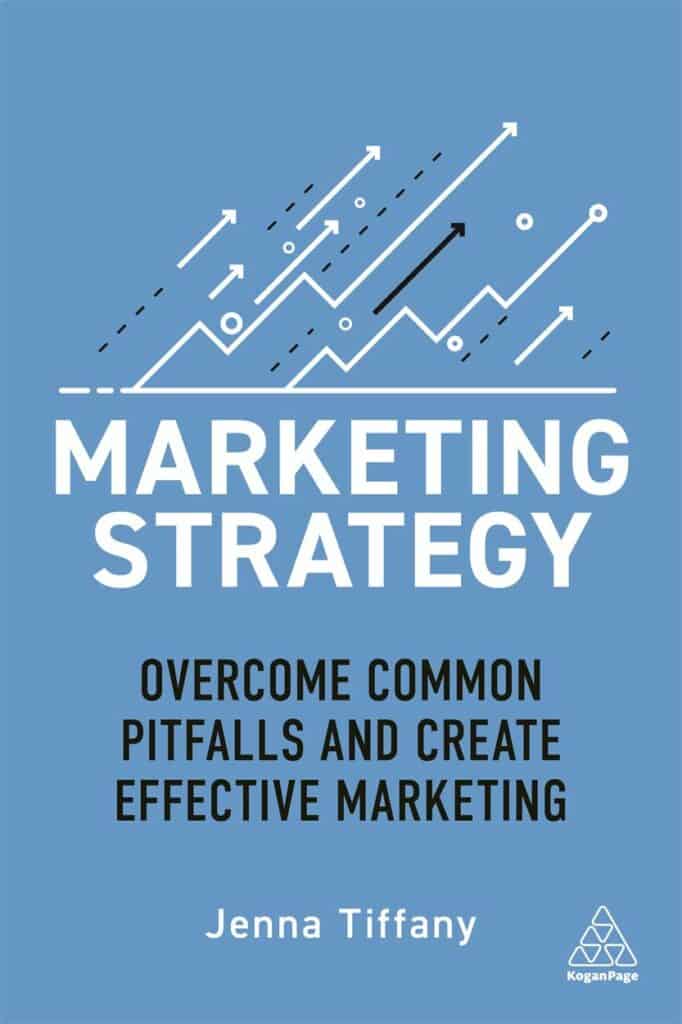SEO is like exercise. Few people genuinely like it, but you have to do it in order to maintain a healthy brand.
As you probably know, SEO stands for Search Engine Optimisation. It’s a method of ensuring that your website and/or content appears in search results when someone makes a relevant query.
In the past, SEO has focused heavily on keywords. These days, it’s a bit more complex. Search providers like Google quickly realised that an over-emphasis on keywords lead to poor-quality content with keywords crowbarred in at every opportunity, at the expense of good writing, relevance, and even basic comprehensibilty.
So, now search engines work hard to bring the highest-quality, most relevant content to their users – not just the content with the most keywords. While keywords are still important, they have to be used in useful, interesting, and intelligent ways in order to make it to the results index.
This makes SEO quite an art form – especially as search algorithms change and evolve all the time!
Here, I’ll take you quickly through the basics of SEO. For a more in-depth look at this and many other topics, my book ‘Marketing Strategy’ is a fantastic resource.
Moslow’s Hierarchy of SEO Needs
You’ve heard of Maslow’s Hierarchy of Needs. Now meet Maslow’s Hierarchy of SEO Needs.

This hierarchy was developed by SEO platform Moz. The purpose is to demonstrate the factors needed for good SEO, and the levels at which they are needed. Without the lower sections of the triangle, the upper sections cannot exist. For example, before thinking about keyword optimisation, you need to make sure first that search engines can crawl your website, and that your content is compelling.
Site crawling
What do I mean by ‘crawling’? Well, ‘crawling’ is how search engines read your website. Bots known as ‘spiders’ crawl through the content on your website to determine how relevant it is to the topic in question. If the spiders find a high level of relevance they will add your page to the search index. The more relevant and higher quality your site is, the higher it will rank on the results page.
So, the first step in any SEO enterprise is to ensure that your website is crawlable, so search engines can find it.
Content creation
After crawling your site, the next thing a search engine does is to index it.
The search index is organised according to how relevant, engaging, and useful each result is. Keywords still form a heavy part of this process, but if your content is of generally poor quality then it doesn’t matter how many keywords you stuff your site with – your content is unlikely to achieve a high place on the index.
So, focus on creating compelling content. Sure, you can do so with an eye to keywords, but don’t make keywords the major focus.
It is vital that your content is valuable to your site visitors. In a search context, what a visitor wants is an answer to their query. One of the ways you can provide this is by being specific with things like product information.
If you can work relevant keywords into your content, so much the better! But try not to over-engineer this aspect of it. What you want, ideally, is content that flows naturally, and into which your keywords fit organically.
What is the future of SEO?
The future of SEO is rich and complex. For example, as well as text SEO, marketers of the near future will also have to optimise for voice searches. VSEO presents some interesting challenges, because people vocalise questions in very different ways to how they type questions.
For example, you might type ‘Capital Sweden’ into a search engine, but to find out the same thing via voice search you’re more likely to ask in longform – “What is the capital of Sweden?” or “Please can you tell me the capital of Sweden?”
Similarly, AI is stepping up to take a larger and larger role in SEO. Google currently uses AI to ensure that the results they give are the very best results possible in terms of solving the user’s query. It is the AI which determines quality and relevance.
Google’s AIs are getting better every day. In order to please them, you will need to provide the kind of high-quality, high-relevance content that Google and its users want.
So, rather than focusing on algorithm-beating tactics, I advise going deep into audience research. Find out who your customers are, what they like, and what they want. And then create brilliant, compelling content that is perfectly tailored to their needs.
For more on SEO and content creation, read ‘Marketing Strategy’
My book, ‘Marketing Strategy’ is full of strategies for getting to know your audience, crafting relevant, high-quality content, and climbing to the top of Google’s index. And that’s not all! It also contains interviews and case studies from industry experts, a complete guide to taking a marketing strategy from creation to execution and beyond, and much more!
For everything you need to know about PPC strategy, buy my book!
My book, ‘Marketing Strategy’, has a lot more detail on PPC, other marketing channels, and marketing strategy in general. Buy it today – you’ll never need another marketing strategy book! Order your copy here.
Order through the Let’sTalk Strategy website for a 20% discount!


